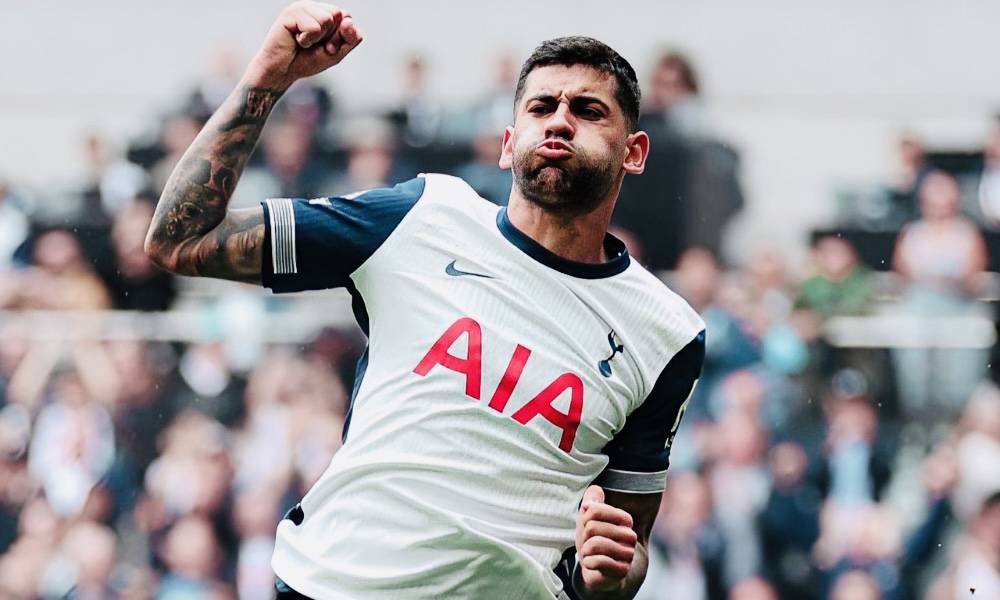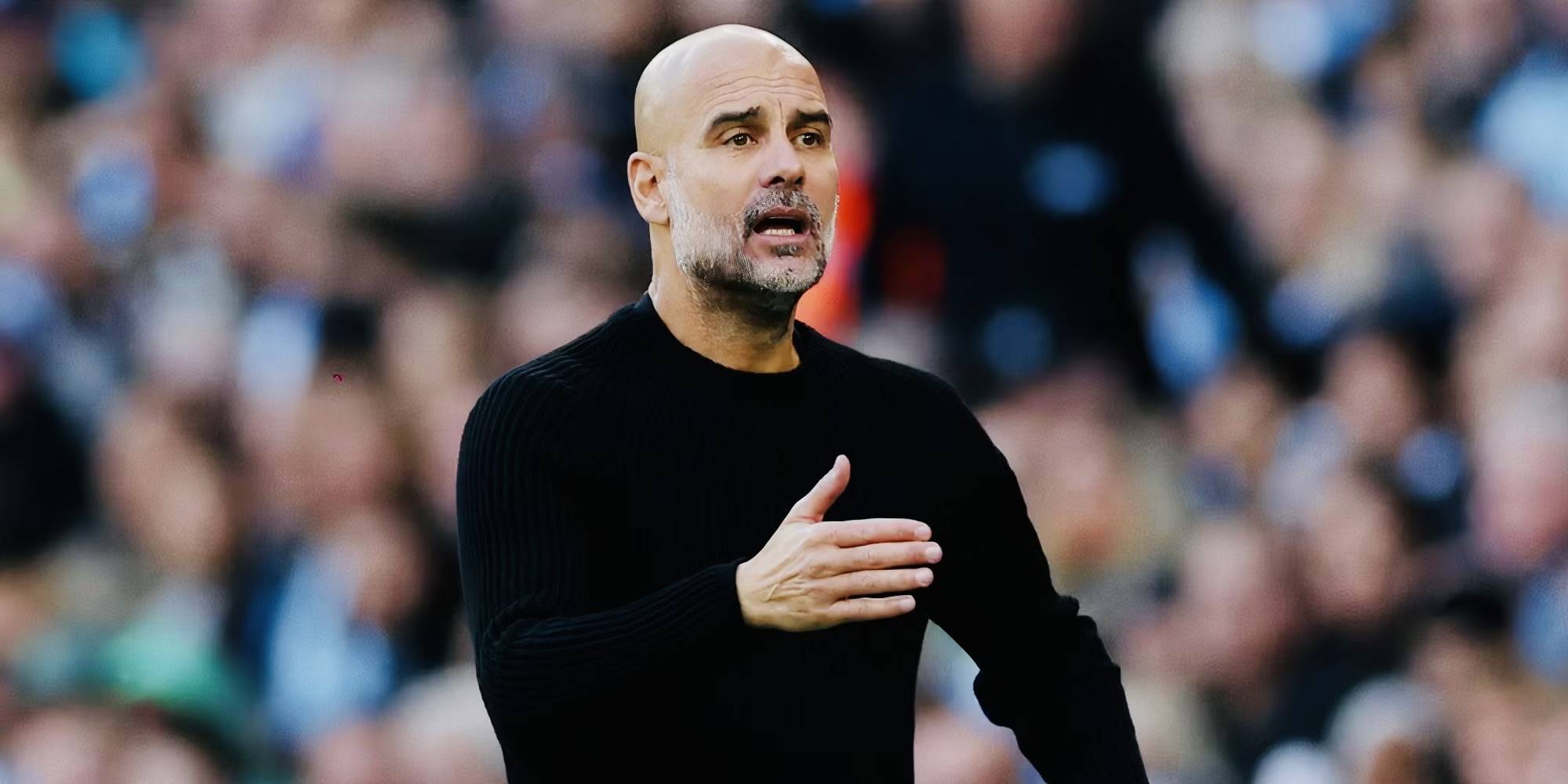Pep Guardiola recently expressed his heartfelt sentiments about the prospect of facing Barcelona in the Champions League, making it clear that he hopes to avoid such a matchup. In a candid and emotional statement, Guardiola revealed that his deep connection to the club where he spent the formative years of his playing and managerial career makes the thought of going up against them extremely difficult. He acknowledged the overwhelming love and affection he has for Barcelona, admitting that these strong emotions would make it painful for him to face his beloved club in a competitive setting.
Guardiola's bond with Barcelona runs deep, having spent the bulk of his footballing life there, first as a player and later as a coach. His relationship with the club transcends professional ties—it’s personal. As a player, he came through the famed La Masia academy and went on to captain the first team, winning numerous domestic and international titles. However, it was during his tenure as manager that Guardiola cemented his legacy, guiding Barcelona to one of the most successful periods in their history, with his team often being hailed as one of the greatest football sides ever assembled.
When he speaks about Barcelona, it is evident that the club holds a special place in his heart. "I was lucky and happy in Barcelona," Guardiola said, reflecting on the many years he spent there. He often refers to Barça as "the team of my heart," underlining just how much the club means to him on a personal and emotional level. He admits that his feelings for the club would be hard to set aside, even in the highly competitive arena of the Champions League.
Facing Barcelona, for Guardiola, is not just about strategy or competition; it’s about confronting his past, his roots, and a club that shaped much of his footballing philosophy. The idea of having to go up against Barcelona's current team, which carries the legacy he helped build, is clearly something that weighs heavily on him. For him, it’s more than just a game—it would feel like a clash with his own footballing identity, a confrontation that he would rather avoid.
Guardiola's love for Barcelona is evident in his reluctance to cross paths with them in the Champions League. While he is now the manager of Manchester City, one of Europe's top clubs, his ties to Barça are unbreakable. He has often spoken about how the club shaped not only his career but also his approach to football. His time as manager of Barcelona saw him implement a style of play that has since become iconic: the famous "tiki-taka" possession-based football that revolutionized the modern game. His influence at the club continues to be felt, and for Guardiola, Barcelona will always be more than just another team.
Despite his incredible success at Manchester City, where he has won multiple Premier League titles and transformed the club into a European powerhouse, Guardiola remains deeply connected to Barcelona. It is this emotional connection that makes him reluctant to face them. For him, competing against Barça is not simply about football; it’s about going up against the team that he feels a part of, the team that he loves.
Guardiola’s comments also reveal the emotional complexity that top managers face when dealing with former clubs that have played such a significant role in their lives. His reflections on his time in Barcelona show a man who, despite his success elsewhere, cannot fully detach himself from the place where his footballing journey truly began. He openly acknowledges that his love for the club makes it difficult for him to think about facing them in a high-stakes competition like the Champions League.
In conclusion, Pep Guardiola’s recent comments about his hope not to face Barcelona in the Champions League offer a glimpse into the depth of his connection to the club. His affection for Barcelona runs so deep that the thought of competing against them is emotionally challenging for him. While he remains focused on his current role at Manchester City, his heart still belongs to Barcelona, the club that shaped him as both a player and a manager. It is a testament to the enduring impact that Barcelona has had on his life and career, and how some bonds in football transcend competition, becoming lifelong attachments.


